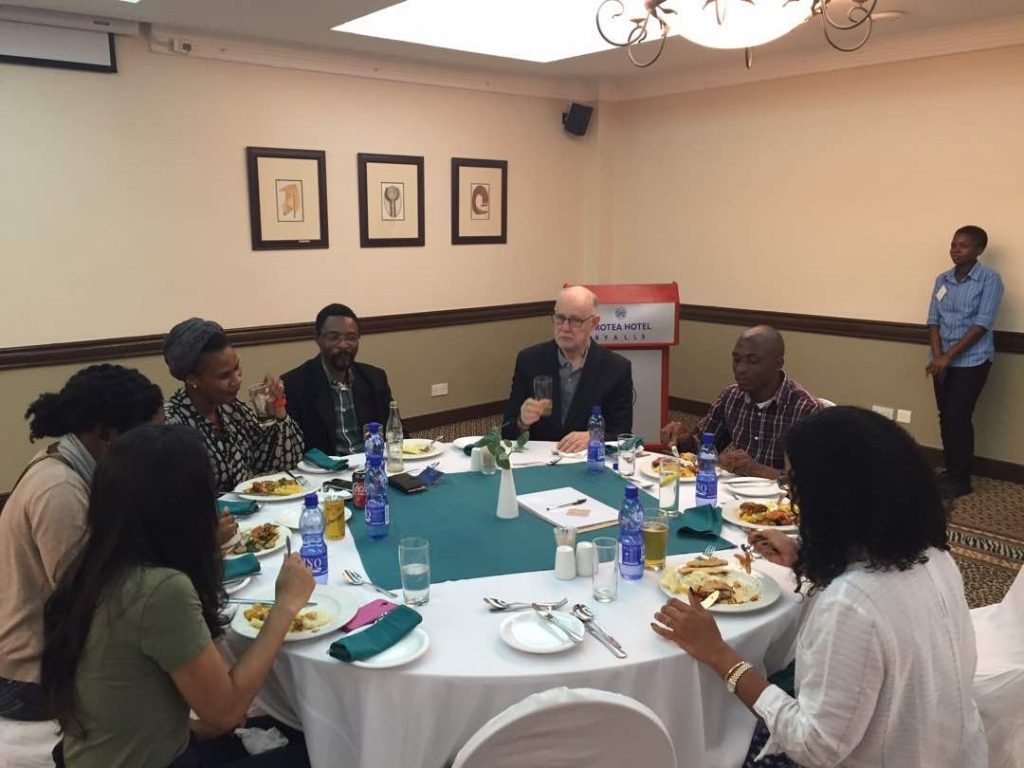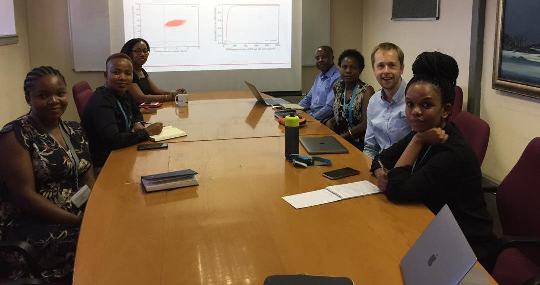Work Package 2: Economic Sub-studies
Summary
The economic analyses are led by the Liverpool School of Tropical Medicine (LSTM). The analyses will estimate the cost consequences and the cost-effectiveness of the trial intervention arm compared to the current standard of care treatment in each of the five country settings.
We anticipate that the intervention arm will:
- Show a zero net societal cost change, or generate societal cost savings, reducing hospitalisation costs over the trial time horizon.
- Be cost-effective in terms societal and service cost of life years saved within the diversity of Sub-Saharan settings, compared to historical cohorts under the current national treatment regimens.
We also anticipate that the economic evidence will support wide-scale implementations following trial completion.
Methods
- Initial comparison of societal and health service costs of the standard of care regimens in each country in which patients will be recruited.
- Publication of an economic protocol manuscript, which can be found here
- Capture of patient-level resource and unit costs through the electronic Case Report Forms
- Empirical cost-consequence analysis using this individual patient data
- Development and refinement of data collection tools and costing studies in all five countries
- Cost-effectiveness modelling at LSTM
Capacity Building
To enable early assimilation of the principles, an intensive Health Economics Course was held in Blantyre, Malawi, from 20 – 24 November 2017. Led by Prof. Niessen from LSTM and assisted by two of his PhD students, Lucky Ngwira and Dr. Jane Bates, the course introduced the fundamentals of Health Economics, both broadly and with specific application to AMBITION. Attendees were drawn from all AMBITION recruiting sites and were joined by a number of local delegates in Blantyre.

Dr. Tinevimbo Shiri, our Health Economist from LSTM (until January 2021), visited AMBITION sites in Gaborone and Lilongwe during January 2019, where he discuss methods and implementation with the study teams.

In Gaborone, Tinevimbo had the opportunity to tour the hospital facilities, and to meet with the entire study team to gather feedback on the Health Economics sub-study. He delivered some focused teaching on the sub-study and provided an introduction to economic evaluations within clinical trials. He also worked with Dr. David Lawrence to review the Health Economics data provided to date in the AMBITION EDC.
In Lilongwe, Tinevimbo met Dr. Cecelia Kanyama, Dr. Timothy Kachitosi and Chimwemwe Chawinga to progress the costing tool in Lilongwe. He also delivered a lecture on the Health Economics sub-study, which included an introduction to economic evaluations within clinical trials. This was well attended by a wider audience at UNC Project and concluded with a review and feedback session with the clinical team.


